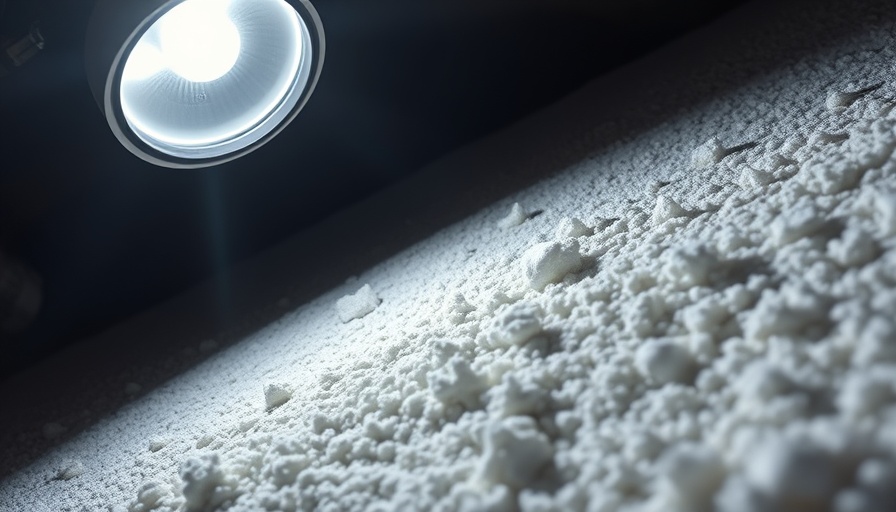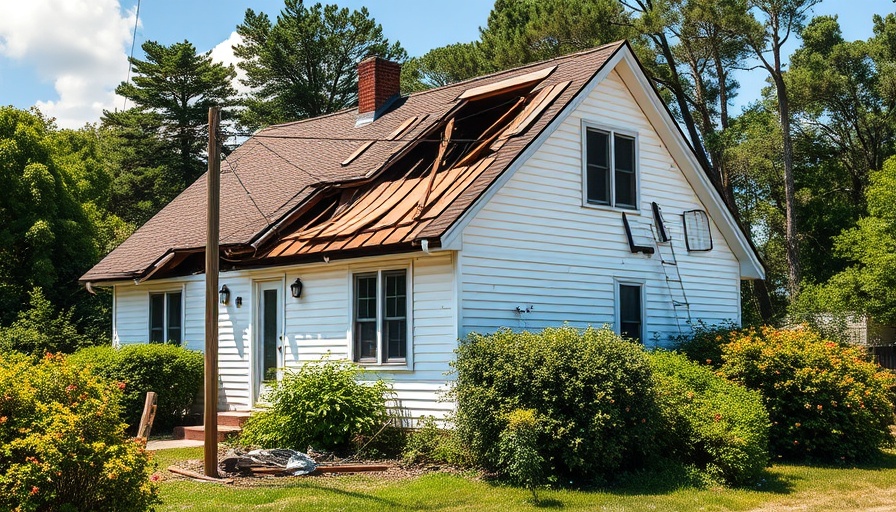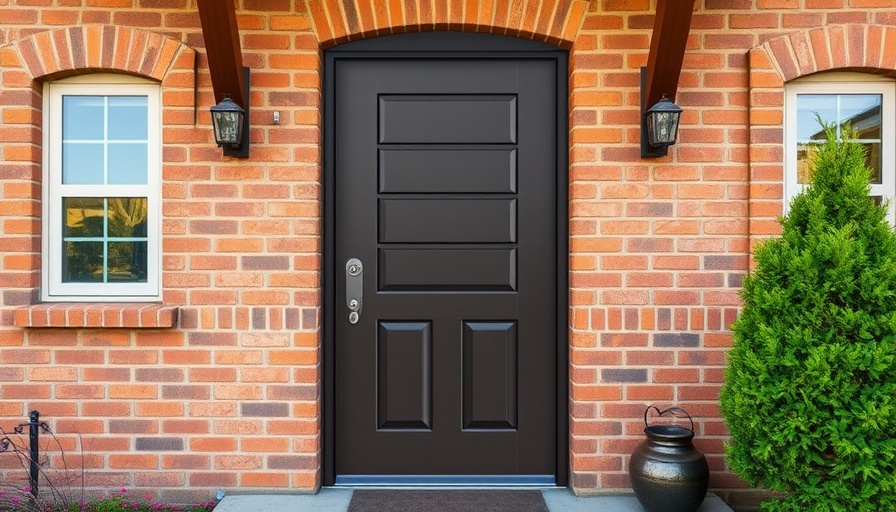
Understanding the Costs of Attic Insulation Projects
Upgrading attic insulation can provide homeowners with significant energy savings and improve overall home comfort. However, various factors can influence the total cost of insulation projects. From the type of materials used to the existing conditions in your attic, understanding these variables is crucial for effective budgeting.
The Importance of Material Choice
When selecting insulation, homeowners must consider the wide array of options available. Spray foam insulation is one of the most effective materials for sealing air leaks but often comes with a higher price tag. Alternatives like fiberglass are more budget-friendly but may not seal as effectively. Cellulose and rigid foam boards are also viable choices, depending on the specific needs of the home. Each type has different installation costs and energy efficiency benefits, making material selection a key component of the overall expense.
Health and Safety Issues in Insulation
Before embarking on an insulation project, it’s essential to assess any health risks associated with the existing materials in your attic. For instance, homes built before 1990 may contain vermiculite insulation, which can harbor asbestos. Professional testing and potential removal are necessary steps that can add to project costs but are essential for safety compliance and homeowner peace of mind.
Impact of Attic Conditions
The attic's condition plays a vital role in determining the total cost. If there’s pre-existing rodent damage or wet insulation caused by ice dams, these issues must be addressed prior to new installation. Cleaning and sealing the space can be labor-intensive, but it ensures that the new insulation functions effectively. Such remedial work might seem like added expenses, but they are necessary for achieving long-term energy efficiency and maintaining air quality.
Investing for Long-term Savings
While upgrading insulation might appear costly initially, the long-term benefits usually outweigh the expenditures. Poor insulation leads to high energy bills and uncomfortable indoor temperatures. By properly addressing insulation needs, homeowners can enhance comfort and enjoy lower utility costs over time. Consulting with a licensed contractor can help identify the best insulation solutions tailored to individual home needs.
Action Steps for Homeowners
For homeowners eager to improve their insulation, the first step is to schedule a professional assessment. This ensures that all potential complications are identified upfront, leading to a more accurate estimate and a smoother project. Lindus Construction offers comprehensive services to address insulation needs, including removal of old materials, sealing gaps, and installing high-quality insulation. Taking that first step today means investing in a more energy-efficient future for your home.
 Add Row
Add Row  Add
Add 




Write A Comment